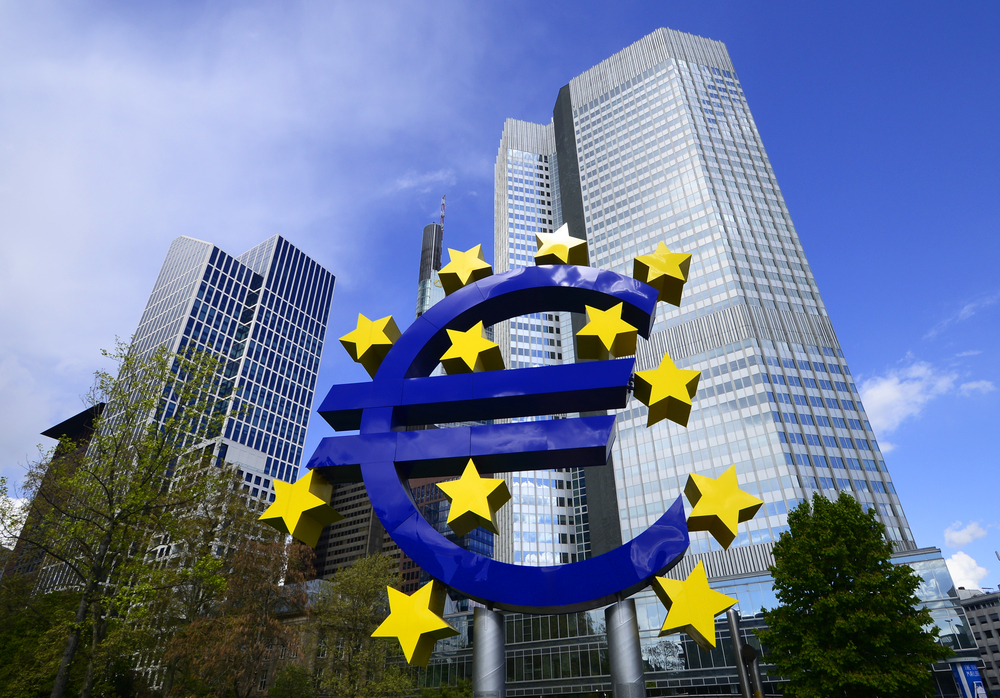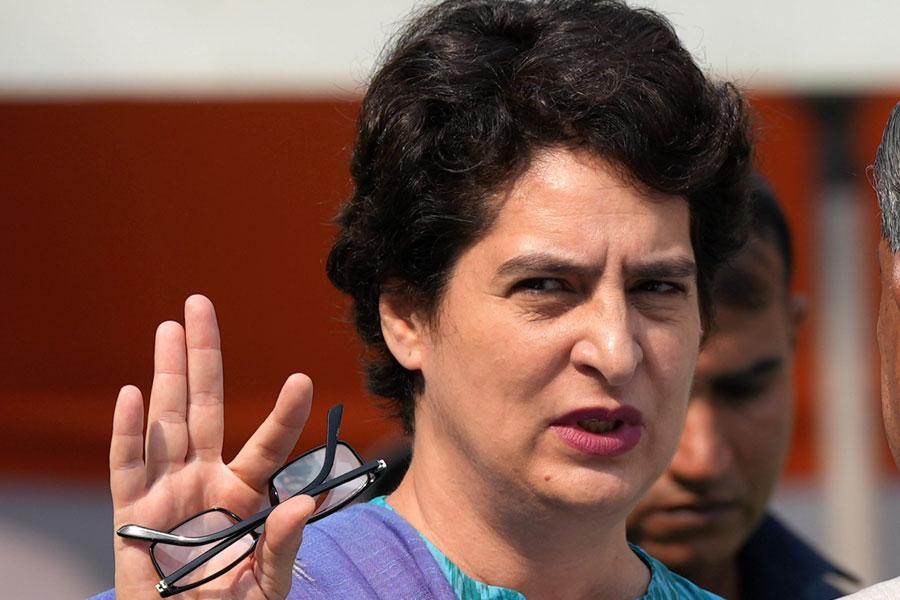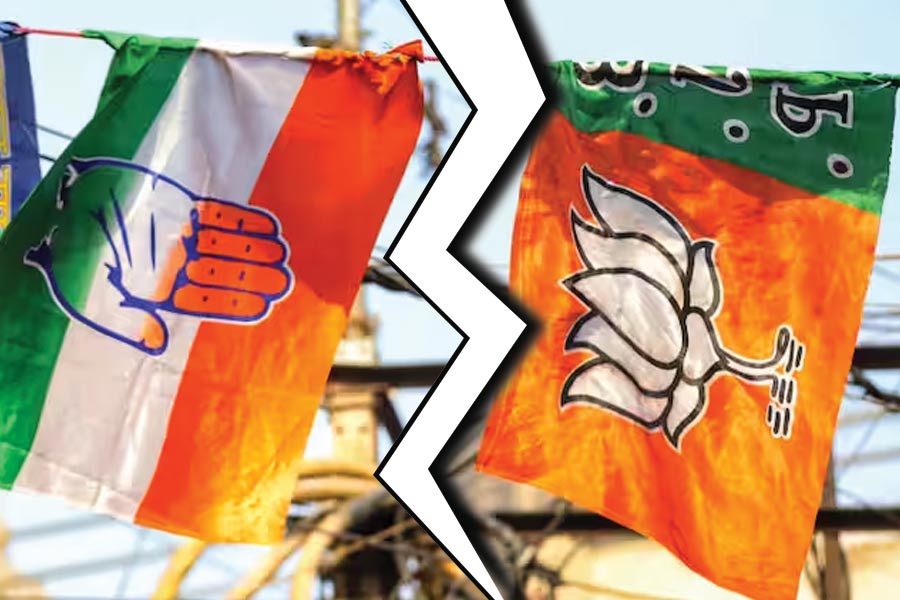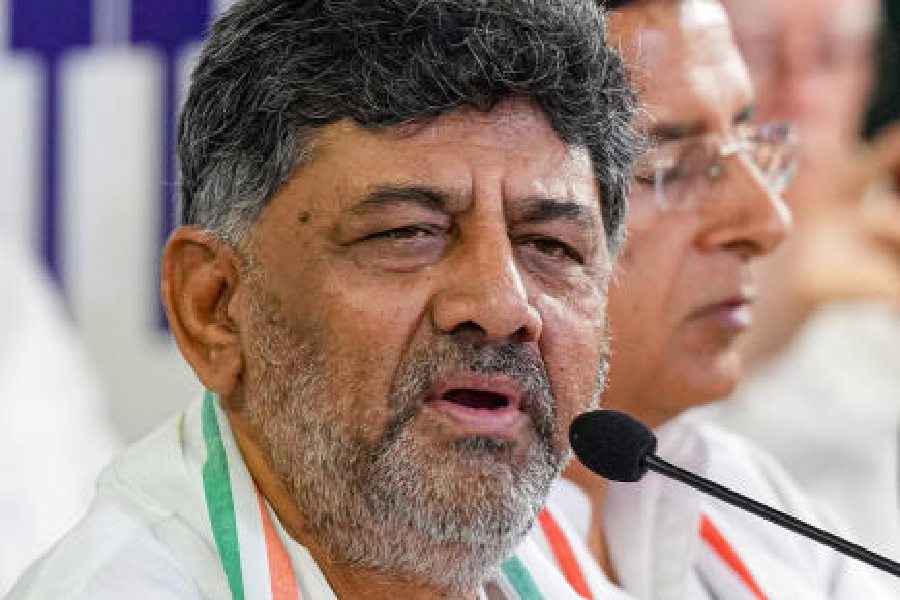The European Central Bank took steps on Thursday to stimulate the eurozone economy, moving to head off a downturn before the problem gathers momentum.
In a bid to increase lending, the bank increased the de facto penalty it imposes on commercial banks that hoard cash. The bank’s Governing Council also said it would begin another round of bond purchases, a form of stimulus known as quantitative easing. It will buy 20 billion euros’ worth of bonds every month starting in November.
In normal times, banks earn interest when they deposit money in central banks. But since 2014, the European Central Bank has imposed a so-called negative interest rate on such deposits to pressure commercial banks to lend more. On Thursday, the central bank changed this deposit rate to minus 0.5 per cent from minus 0.4 per cent.
Analysts had expected an interest-rate cut on Thursday, but there was considerable debate whether the bank would go further and restart purchases of government and corporate bonds. Mario Draghi, the president of the European Central Bank, has been signalling since June that measures to head off a recession would be necessary, absent an improvement in the economic outlook. Inflation has been stuck well below the official target of 2 per cent.
Draghi, whose term ends in October, has faced criticism that easy-money policies and record low interest rates are fueling asset bubbles and undermining the profitability of commercial banks.
In response, on Thursday the central bank took steps to ease the pain of negative interest rates, saying that some bank holdings will be exempt from the penalty, a practice known as tiering.
Central banks around the world are cutting interest rates and trying to encourage borrowing as more and more indicators point to a global slowdown. Last week, the People’s Bank of China cut the amount of money that banks are required to keep in reserve, a step that will increase the amount available for lending and that will lead to lower interest rates. The Federal Reserve is expected to cut interest rates at its next meeting on September 17-18 in Washington.
The European Central Bank’s action on Thursday amounted to a pre-emptive strike as economic indicators signal slowing growth in the 19 countries of the eurozone. Many analysts predict that Germany is about to slide into recession, dragging down the rest of the bloc. Trade wars and Britain’s chaotic attempt to leave the EU have made business managers uncertain about the future and reluctant to invest in expanding factories or hiring new workers.
But the measures will also raise questions about what other options the central bank has if the eurozone economy continues to deteriorate.
The benchmark interest rate is already at zero, and the central bank’s balance sheet includes 2.6 trillion euros, or about $2.9 trillion, in government and corporate bonds purchased as part of a so-called quantitative easing programme. The purchases are intended to drive down market interest rates by creating demand for government and corporate debt.
In December, the bank announced it would stop adding to its stock of bonds, though it has continued to reinvest the proceeds when bonds mature. Analysts say that the bank has limited scope to restart the quantitative easing programme because it already owns such a big chunk of the market.
As a result, some economists have begun speculating that the central bank could consider more radical action.










